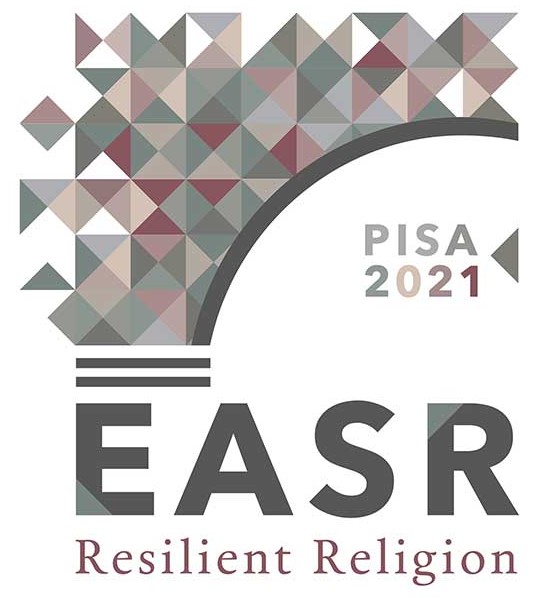
Mihaela Timuş
received her PhD in Paris, École Pratique des Hautes Études, section des sciences religieuses, chaire “Le monde iranien ancien” (2009). Co-founder of the Institute for the History of Religions (2008-) of the Romanian Academy (http://www.ihr-acad.ro). Associated researcher to Collège de France (2013-2015). Alexander von Humboldt Fellow (2017-2018) affiliated to the Institut für Iranistik, Freie Universität and Berlin-Brandenburgische Akademie der Wissenschaften. Publications officer of the European Association for the Study of Religion (2013-2016). Member of the board of the Societas Iranologica Europaea (2019-) and of the editorial board of Ancient Iran Series, Brill (2020-). Main fields of investigation: Zoroastrian religious concepts / system of thinking, Middle Persian and Middle Iranian language(s) and literature(s), history of Iranian studies, history of the history of religions.
Last book published: Quand les dualistes polémiquaient : Zoroastriens et Manichéens. Actes du colloque international, 12-13 juin 2015, Collège de France [coll. Orient et Méditerranée vol. 34], Leuven, Éditions Peeters, 2020 (co-edited with Flavia Ruani). In preparation: Zoroastrian Patterns of Reasoning
https://csde.academia.edu/MihaelaTimuş
Conservatism and Adaptability. Zoroastrianism facing the Challenges after the Arab Conquest of Iran (7th-10th c. AD)
The Zoroastrian religion survived over more than two millennia, passing through various periods of transition, from the status of a state religion, under the Sasanians, to that of a minority, both in Iran and in India. At different times, in different geographical and political contexts, it found the means to readapt itself to the new historical parameters and to preserve at the same time the ‘everlasting flame’ of its identity.
The present paper particularly addresses issues specific to the way this religion adapted itself during the three centuries after the Arab conquest of Iran. The key problems taken into discussion are : conversion, religious pluralism, polemical encounters with the other religions, dualism against monotheism.
